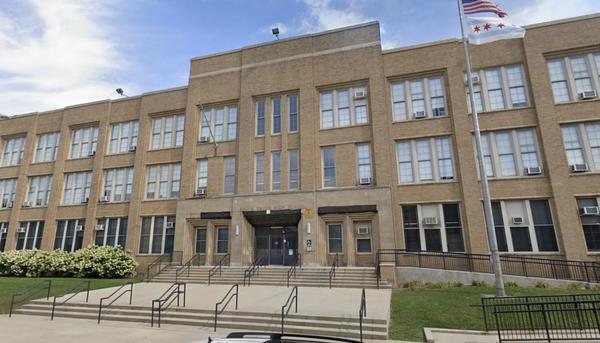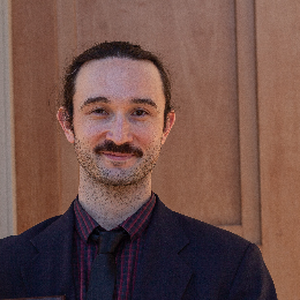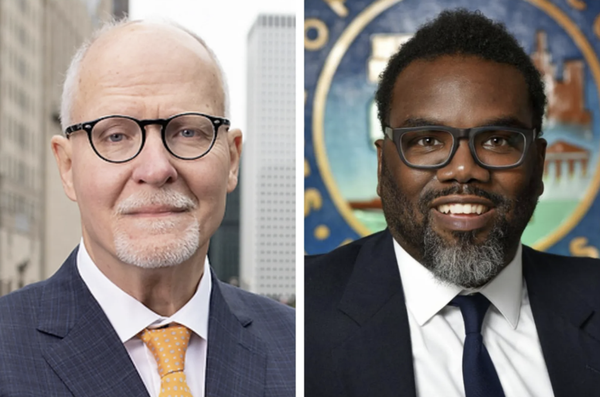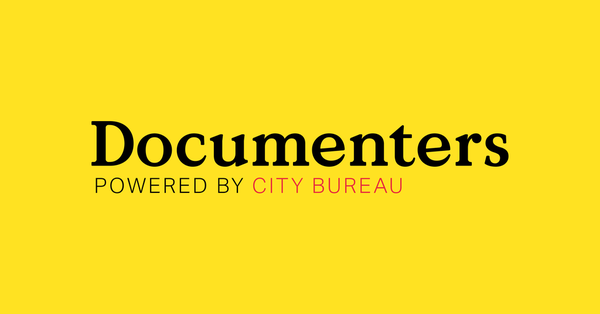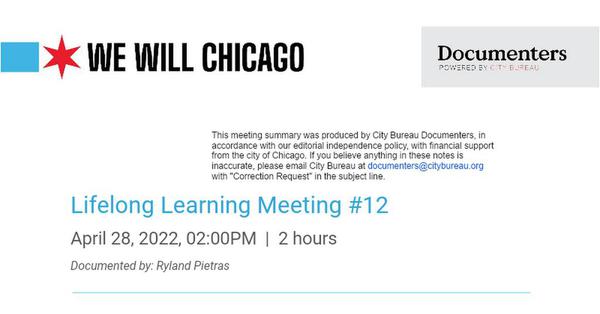Documenters.org
•
23rd January 2023
Committee on Ethics and Government Oversight
-“Our current campaign finance system is a mirror of the social and economic inequality that plagues our communities today,” said Alisa Kaplan, Executive Director of Reform for Illinois, an organization that advocates for the fair election program.
-Inspector General Deborah Witzburg said according to Section 2-56 of the Municipal Code, the chair of this committee has jurisdictional authority for all work of the OIG having to do with City Council other than violations of the ethics ordinance.
-Additionally, Witzburg stated that there are already existing rules within the Chicago Police Department that should in effect call for the termination of any member with open associations with an extremist organization.
-Kaplan said that among New York, Seattle, Washington DC, and Los Angeles there are 30 other municipalities and jurisdictions throughout the country that have some form of a fair election program that involves matching campaign funds.
